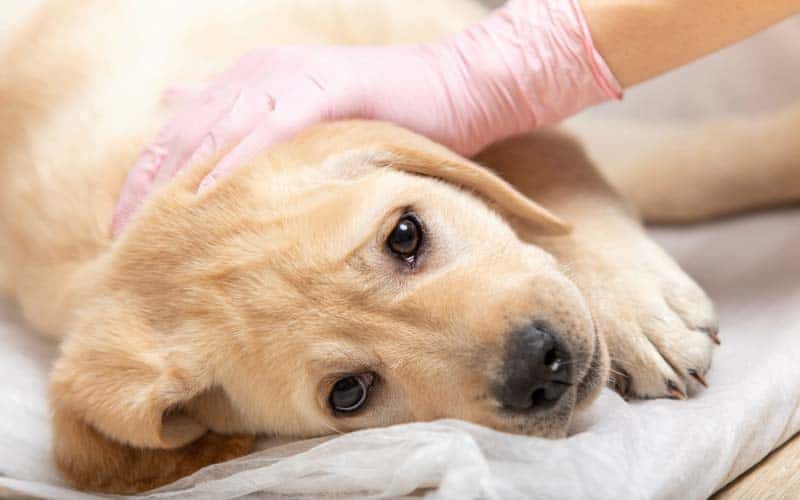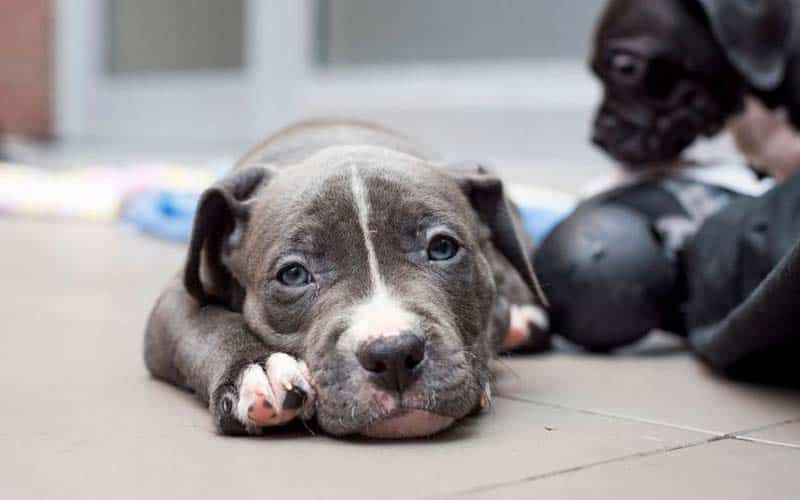Parvo in dogs, also known as canine parvovirus, is a highly contagious viral disease that can affect unvaccinated puppies and dogs of all breeds and ages. This disease can be deadly if not treated promptly, and it is essential to understand the symptoms, treatment, and prevention of Parvo to keep your furry friend healthy and happy.

1. Symptoms of Parvo in Dogs
The symptoms of Parvo in dogs can vary, but the most common ones include:
- Severe vomiting
- Diarrhea, often bloody
- Loss of appetite
- Lethargy and weakness
- Dehydration
- Fever
- Abdominal pain
If you notice any of these symptoms, it is essential to take your dog to a veterinarian immediately. Early detection and treatment can significantly increase your dog’s chances of recovery.
2. Treatment of Parvo in Dogs
Parvo in dogs can be a challenging disease to treat, and the treatment will depend on the severity of the symptoms. The most common treatment options for Parvo in dogs include:
- Hospitalization: In severe cases, dogs may need to be hospitalized to receive intravenous fluids and medication.
- Fluid therapy: Dogs with Parvo often become dehydrated, and fluid therapy can help maintain their hydration levels.
- Antibiotics: Antibiotics may be necessary to prevent bacterial infections that can develop due to weakened immune systems.
- Anti-nausea medication: This can help control vomiting and prevent further dehydration.

3. Prevention of Parvo in Dogs
Prevention is always better than cure, and the best way to protect your dog from Parvo is to ensure they are vaccinated. Puppies should receive a series of vaccinations starting at six to eight weeks of age, and adult dogs should receive booster shots regularly.
It is also essential to keep your dog away from infected dogs and areas where Parvo may be present, such as dog parks, kennels, and shelters. Regular cleaning and disinfection of your dog’s environment and objects such as toys and bowls can also help prevent the spread of the virus.
In Conclusion
Parvo in dogs can be a severe disease, but with early detection, treatment, and prevention, you can help protect your dog from this highly contagious virus. Remember to keep your dog’s vaccinations up to date, and if you suspect your dog may have Parvo, seek veterinary care immediately.
By understanding the symptoms, treatment, and prevention of Parvo in dogs, you can ensure your furry friend stays healthy and happy for years to come.